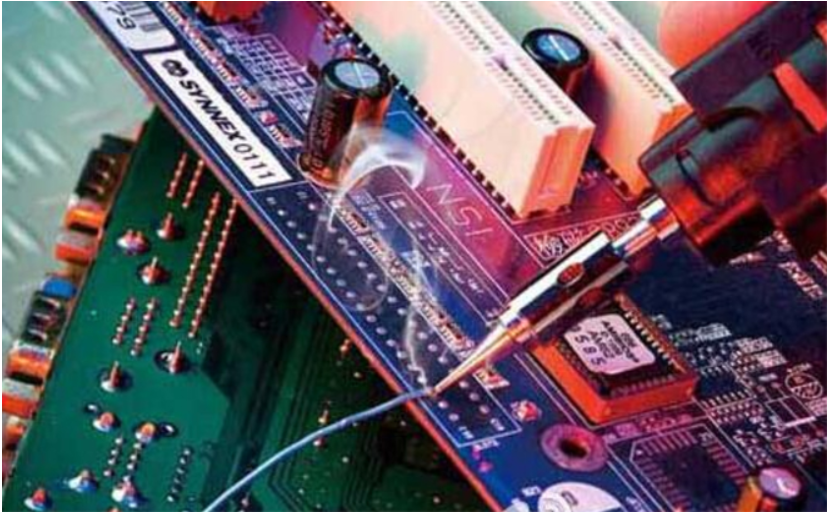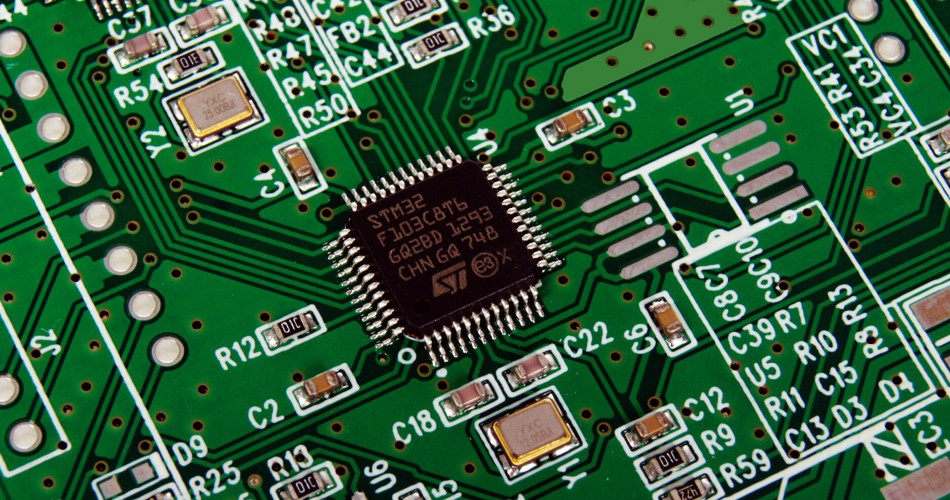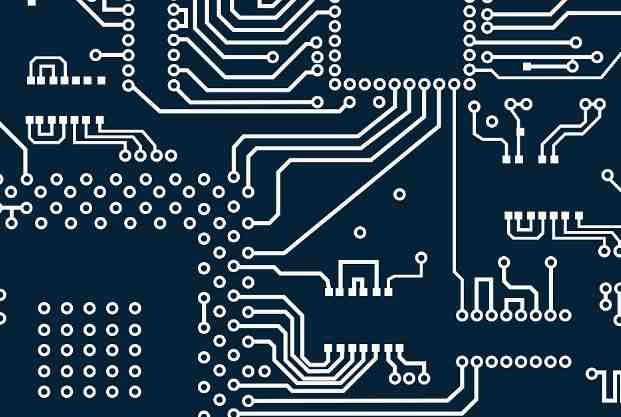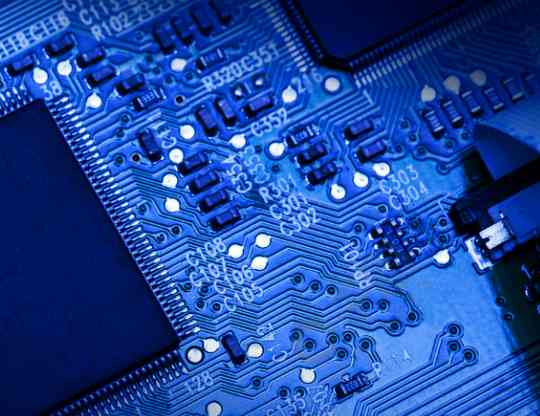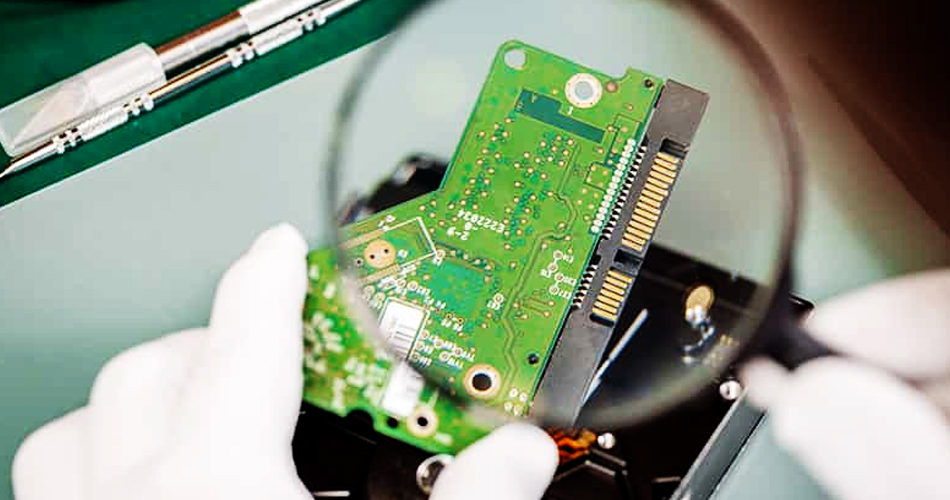
8 kinds of detection technologies for PCBA processing plants that industry insiders must know
With the development of miniaturization of electronic products and high-density assembly of components on circuit boards, SMT production and inspection have faced great challenges. In terms of testing methods, it can be subdivided into: manual visual inspection, digital microscope, SPI solder paste tester, automatic optical inspection (AOI), SMT first article tester, online testing (hereinafter referred to as ICT needle dividing bed, flying needle), functional testing (FCT), automatic X-ray testing (hereinafter referred to as X-ray or AXI) and other methods. Now, the above main SMT testing technologies are briefly introduced.

1、 SPI solder paste detector
SPI solder paste detector uses optical principle to calculate the height of solder paste printed on PCB by triangulation. Its function is to detect and analyze the quality of solder paste printing, find SMT process defects in advance, enable users to monitor problems in production in real time, reduce defects caused by poor solder paste printing, provide strong quality control support for operators, and enhance process performance.
2、 Manual visual inspection
Manual visual inspection refers to visual inspection of PCB and solder joint appearance, missing parts, wrong parts, reverse polarity, offset, monument and other quality problems with the help of human eyes and illuminated or unlighted magnifying glass.
3、 Digital microscope
Digital microscope is to convert the real object image seen by the microscope through digital analog conversion. It magnifies the real object image and displays it on the computer screen. It can save, enlarge and print the image Various data can be measured with measurement software. It is applicable to the inspection of electronic industry production lines, the detection of printed circuit boards, and the detection of welding defects in printed circuit components.
4、 SMT first article detector
Through intelligent integration of CAD coordinates, BOM list and first article PCB scanning map, the system automatically enters measurement data to simplify the first article inspection of SMT production line products. LCR reading data automatically corresponds to the corresponding position and automatically judges the detection results. Eliminate false test and missed test, and automatically generate test reports and store them in the database. Test reports are stored in the database.
5、 AOI automatic optical inspection
AOI (Automated Optical Inspection) is a new technology that uses optical and digital imaging technology, and uses computer and software technology to analyze images for automatic detection.
AOI equipment can generally be divided into online type (in the production line) and offline type.
AOI detection is a detection technology that combines computer technology, high-speed image processing and recognition technology, automatic control technology, precision mechanical technology and optical technology.
AOI automatically scans the PCB through the camera, collects images, compares the tested solder joints with the qualified parameters in the database, and checks the defects on the PCB through image processing: missing parts, wrong parts, bad parts, solder balls, offset, side standing, monument, reverse pasting, reverse polarity, bridging, faulty soldering, no soldering, less soldering, more soldering, component floating, IC pin floating, IC pin bending, The defects shall be displayed/marked through the display or automatic mark for repair by maintenance personnel.
6、 X-ray testing (referred to as X-ray or AXI)
Automatic X-ray inspection (AXI)
X-ray detection is to find defects by using the characteristics that X-ray can penetrate the material and has attenuation in the material. It mainly detects the internal defects of solder joints, such as the solder joint detection of Chip in BGA, CSP and FC.
X-ray inspection is to use the performance that X-ray has strong penetrability and can penetrate the surface of objects to perspective the interior of the inspected solder joints, so as to detect and analyze the welding quality of various common solder joints of electronic components.
X-Ray inspection can fully reflect the welding quality of solder joints, including open circuit, short circuit, holes, holes, internal bubbles and insufficient tin, and can achieve quantitative analysis. The biggest feature of X-ray detection is that it can detect the solder joint defects under BGA packaging devices, such as bridge, open circuit, solder ball loss, displacement, insufficient solder, cavity, solder ball and solder joint edge blur.
7、 ICT online tester
ICT online tester, ICT, In Circuit Test, is a standard test method to check manufacturing defects and defective components by testing the electrical performance and electrical connection of online components. The special needle bed is used to contact the soldered points of components on the welded circuit board, and the voltage of hundreds of millivolts and current within 10 milliamperes are used for discrete isolation test, so as to accurately measure the faults such as missing installation, wrong installation, parameter value deviation, solder joint connection, open and short circuit of circuit board and other general and special components such as the installed resistance, inductance, capacitance, diode, silicon controlled rectifier, field effect transistor, integrated block, etc.
ICT flying needle ICT and needle bed ICT: needle bed ICT can test the functions of analog devices and the logic functions of digital devices, with high fault coverage. However, for each single board, special needle bed fixtures need to be made, and the cycle of fixture production and program development is long.
The flying probe tester is an improvement on the traditional needle bed online tester. It uses a probe to replace the needle bed. The x-y mechanism is equipped with 4 to 8 test probes (flying probes) that can move at high speed respectively. The minimum test gap is 0.2mm. The flying probe ICT basically only conducts static tests. The advantage is that it does not need to make a fixture, and the program development time is short, but the relatively slow test speed is its biggest disadvantage.
8、 FCT Functional Tester
Functional Circuit Test (FCT) refers to a test method that provides a simulated operating environment for testing a circuit board, so that the circuit board can work in the design state to obtain output and verify the functional state of the circuit board. In short, connect the special circuit board on an assembled electronic device to the appropriate circuit of the device, and then apply voltage. If the device works normally, the circuit board is qualified.
The above 8 methods detail the combined test method used in the test of highly complex PCB, and the specific method shall be determined according to the specific conditions of SMT production line and the assembly density of surface mounted components.


